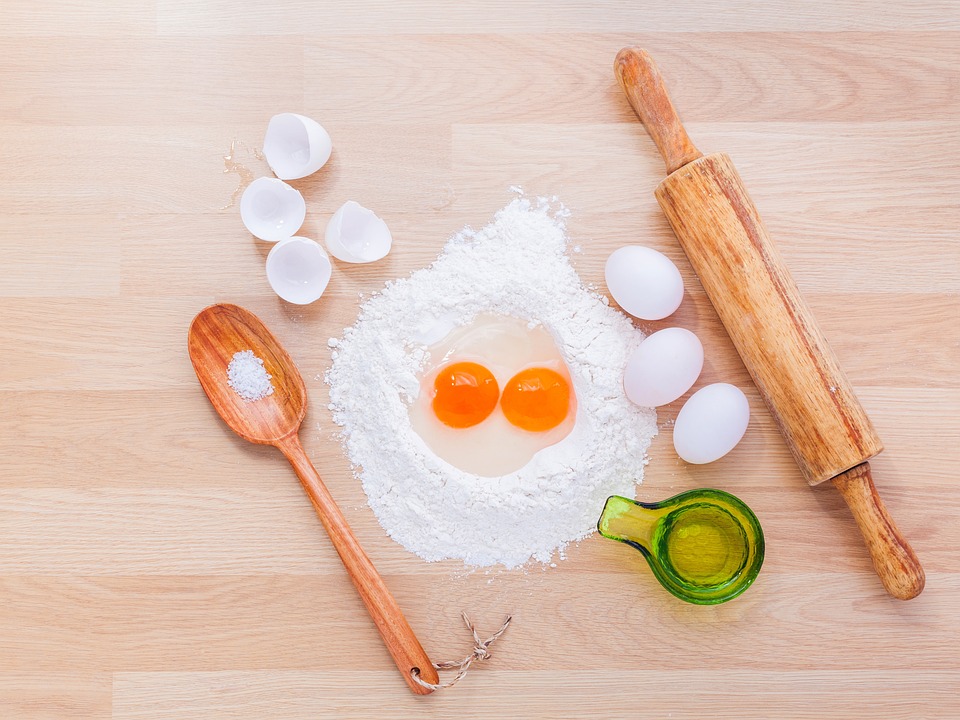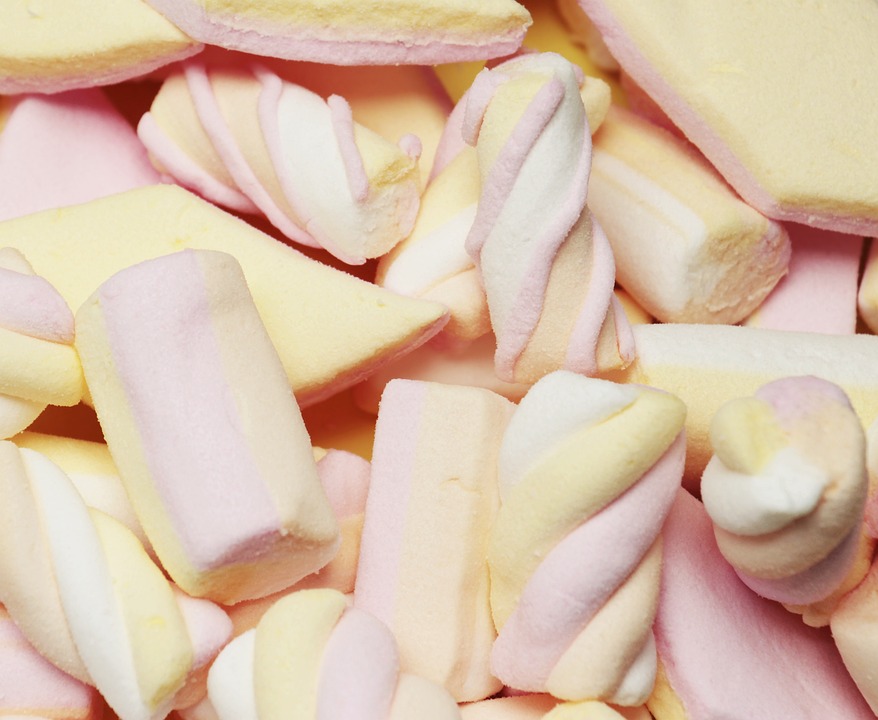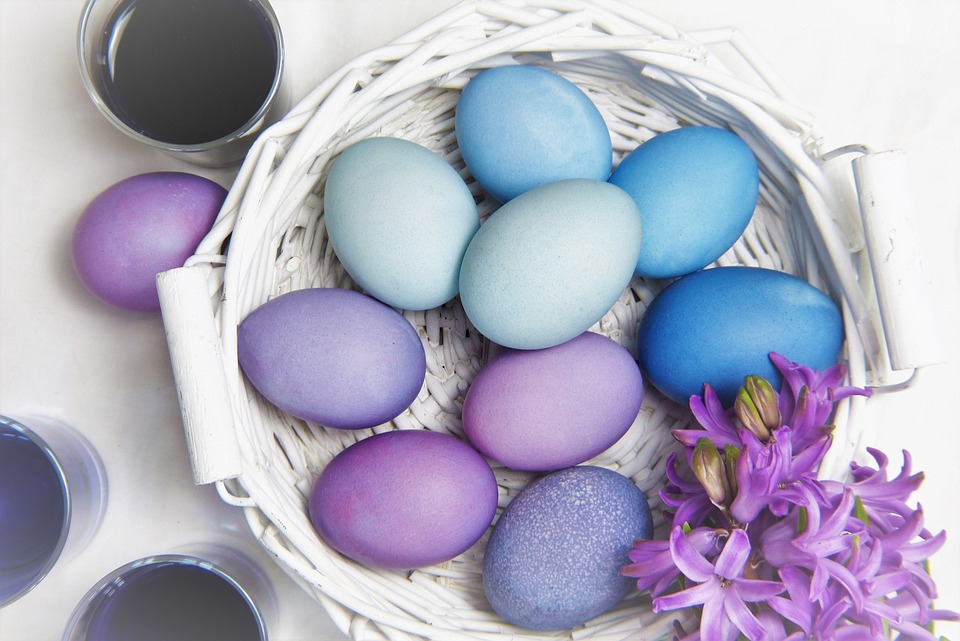
Saturday with food allergies
The Jewish Shabbat, “Sabbath,” is a beautiful and spiritually uplifting day filled with festive meals. Many traditional Shabbat foods such as challah, kugel, and gefilti fish are full of food allergens. Let’s explore delicious, allergy-friendly alternatives to some Saturday classics.
Challah, the traditional bread eaten at the beginning of all Shabbat meals, is usually made from wheat flour and eggs. Each of these ingredients is on the “Big Eight” list of common allergens. Make an egg-free challah recipe and you’ll have a hard time telling it apart from its egg-based counterpart. Make sure to delete the layer of egg paint to make it truly eggless. Sesame seeds are also a potential allergen for some individuals.
Finding gluten-free leeks is a little trickier to find. Fortunately, we live in amazing times for access to gluten-free products. There are several companies that make pre-made gluten-free leeks. If you’re ready to make a gluten-free challah from scratch, roll up your sleeves, find a gluten-free challah recipe and go for it. Make sure it’s dairy-free (so it’ll work for a meat-based Shabbat meal). Also, you’ll want to look at the ingredient list to make sure you have some hard-to-find ingredients.
The next dish in the traditional Shabbat meal is fish. If you have a fish allergy, simply substitute any non-dairy garnish that you enjoy. Hot soups, chilled soups, salads, fresh fruit, etc… If you are not allergic to fish but are allergic to eggs and gluten, be aware that most prepared geiflet fish loaves contain eggs and wheat. The exception is Easter. During Easter, gefilte loaves omit the wheat but still contain eggs. Skip the gefilte fish and make a simple fish fillet without the breading and egg dressing. Salmon, tilapia, flounder and sole are all suitable egg- and gluten-free fish solutions.
We pass to the soup. Steaming bowls of chicken soup with matzo balls are a Saturday classic. This particular dumpling contains wheat and egg ingredients. You can either make your own gluten-free matzo balls (Easter is the time to look for gluten-free matzo ball mixes) or skip the matzoh balls. Add more carrots, zucchini, onions, and pasta (wheat-free varieties).
The main course for a Saturday meal doesn’t have to be a food allergy obstacle course. Serve the chicken with breadcrumbs. Eat plenty of fresh salads (not including nuts and croutons) and steamed vegetables. Potatoes or rice make great gluten-free side dishes. If you avoid wheat, don’t make rice pilaf. Pilaf is a pasta made from orzo wheat.
Kugel, a traditional Shabbat staple, usually calls for wheat flour and eggs. Look for recipes that omit one or both of them. Potato kugels can be made gluten-free as well as a variety of vegetable soufflés.
No Saturday lunch is complete without a beef stew called scholent. Cholent is usually made with cooked meat, shredded potatoes, barley, beans, onions, water, and spices (cooked in a slow cooker to bring out all the flavors and to comply with Jewish prohibitions on cooking on Shabbat). Cholent can be easily adapted to be gluten-free. Simply replace the barley with a bag of successful brown rice (just leave the rice in a crock pot, not a plastic bag). Also check spice labels for gluten ingredients. Teriyaki sauce, onion soup mixes, and barbecue (popular choline improvers) can all contain wheat.
Now the best part of the meal, the dessert. Some non-dairy ice creams require an egg ingredient. Choose soy or rice-based ice cream (check Pareve’s rating). Baked goods often contain wheat, egg and nut ingredients, so be especially careful about items you don’t prepare yourself. Buy prepared baked goods from bakeries that specialize in allergens or look for recipes that omit allergens (eggless chocolate brownie, flourless chocolate brownie, etc.).

